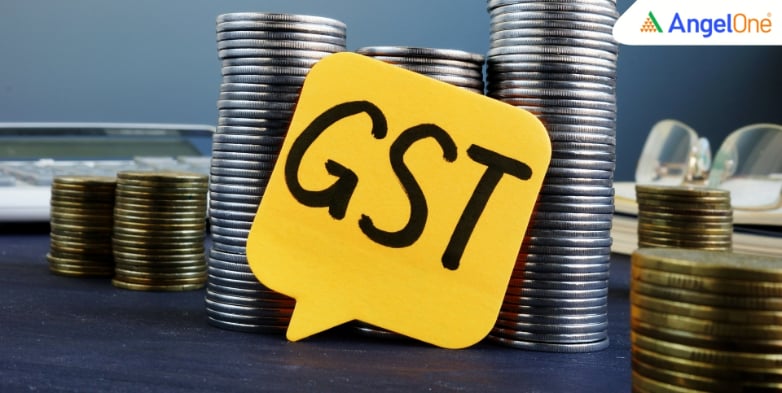
The 56th GST Council meeting, held on September 3, 2025, brought major changes to India’s Goods and Services Tax (GST) system. The Council replaced the earlier four-tax-slab structure with a simplified two-rate system:
These changes will come into effect from September 22, 2025. Here’s a simple FAQ to help you understand what’s changing.
Q1. Will medicine prices change after September 22, 2025?
Yes, medicine prices may be revised to reflect the new GST rates. However, medicines already available in the market before that date do not need to be recalled or re-labelled.
Q2. Will shops display the new prices of medicines?
Yes, companies are required to send updated price lists to all retailers. So, pharmacies should charge the new MRP, even if the packaging shows the old price.
Q3. Are life and health insurance services exempt from GST?
Yes, individual and family health/life insurance policies are exempt.
Q4. Who pays GST when you order something locally from an unregistered seller on apps like Swiggy, Zomato, or Dunzo?
In such cases, the e-commerce platform (like the app or website) pays the GST, not the seller.
Q5. What is the GST on local delivery services (like sending parcels within the city)?
Local delivery services are taxed at 18% GST, whether booked directly or through an app.
Q6. Are delivery apps like Dunzo or Uber considered as transport companies (GTA)?
No, platforms like these are not classified as Goods Transport Agencies (GTA) under GST rules.
Q7. What is the GST rate if I want to buy a drone?
Now, all drones, whether for personal or professional use, attract a uniform 5% GST, making them more affordable than before.
Q8. What’s the GST for hotel rooms under ₹7,500 per day?
Hotel rooms with a tariff of ₹7,500 or less per day are mandatorily taxed at 5% GST without the benefit of Input Tax Credit (ITC).
Q9. Can salons or wellness centres charge 18% GST with ITC?
No, salons and wellness centres cannot charge 18% GST with ITC. They are required to levy 5% GST without claiming Input Tax Credit.
Q10. Why does 5% GST not allow ITC for service providers?
If you're using services like salons or budget hotels that charge 5% GST, they cannot claim back GST on their own expenses. This means you pay less tax, but they get no tax refund for their costs
Q11. What GST applies to goods transport services that don't use air travel?
If goods are being transported using multiple modes like road, rail, or sea (but not air) the entire service is taxed at 5% GST. This is common for regular cargo and business deliveries.
Q12. What if part of the goods transport involves air travel?
If any part of the goods transport involves air (even just one leg) the whole service is taxed at 18% GST. This applies whether it's a courier or bulk cargo shipment.
Q13. What GST applies if I lease a car without a driver?
If you're leasing a car without a driver, the GST rate is the same as buying the car, usually 18%. This applies to self-drive rentals or long-term lease plans.
Q14. What GST applies if I rent a car with a driver (chauffeur services)?
If you're renting a car with a driver, there are two GST options, depending on the company’s choice:
Read more: GST Cuts Won’t Lower Prices of Your Daily Milk Pouches.
The GST Council’s new rules are designed to simplify taxation, lower rates on essential items, and bring clarity to businesses and service providers. The uniform 5% GST on essential goods and services aims to reduce costs for consumers, while 18% remains the standard rate for most others.
Disclaimer: This blog has been written exclusively for educational purposes. The securities mentioned are only examples and not recommendations. This does not constitute a personal recommendation/investment advice. It does not aim to influence any individual or entity to make investment decisions. Recipients should conduct their own research and assessments to form an independent opinion about investment decisions.
Published on: Sep 18, 2025, 12:25 PM IST

We're Live on WhatsApp! Join our channel for market insights & updates
